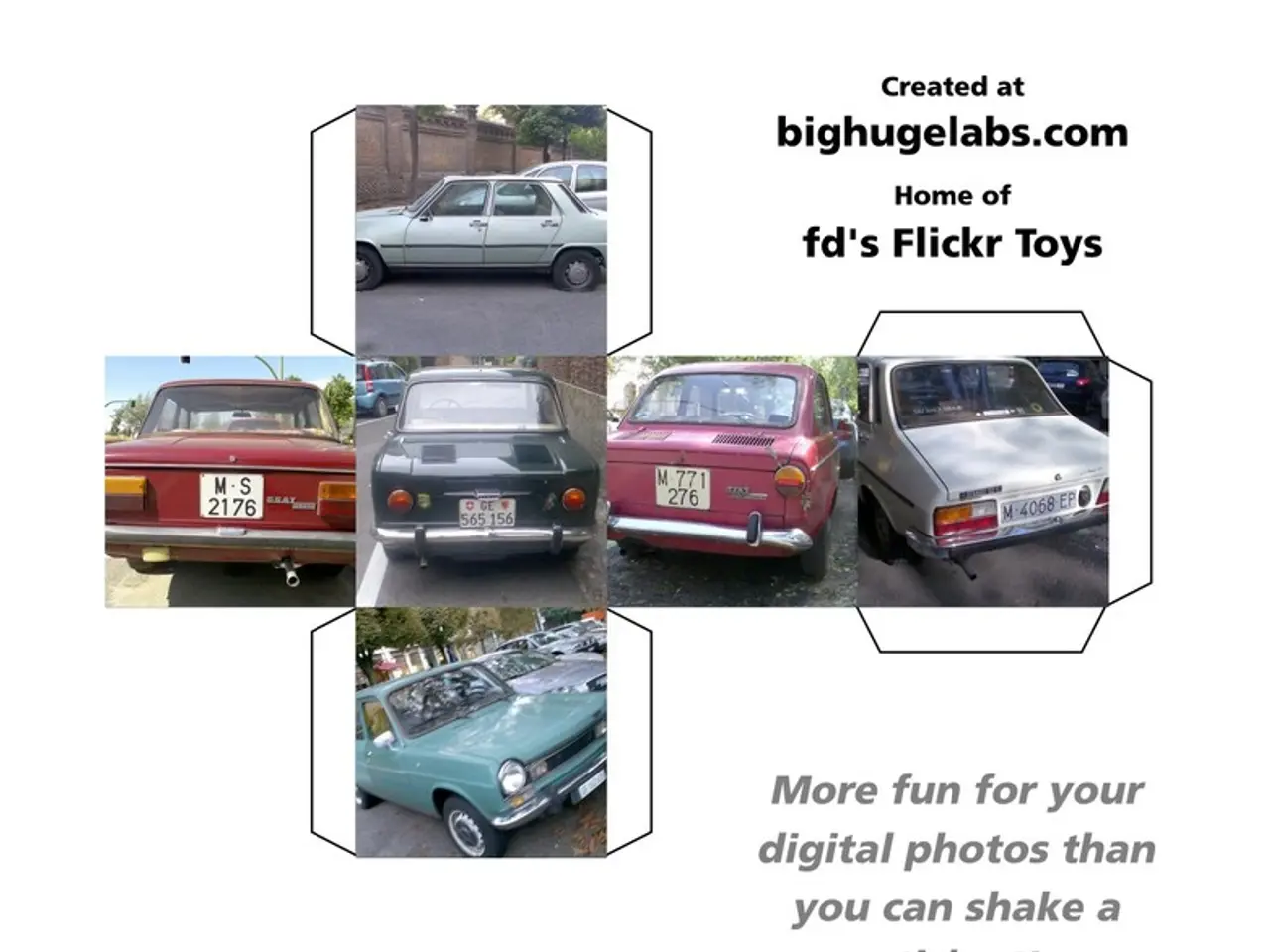Baden-Württemberg Metal and Electrical Industry Faces Job Losses and Short-Time Work, but Federal Government Interventions Offer Hope
Over 14,000 positions eliminated since the start of the current year
The Baden-Württemberg metal and electrical industry is grappling with economic challenges in 2025, as job losses and short-time work schemes become prevalent due to a combination of global trade uncertainties and poor location conditions in Germany.
In a statement made in Stuttgart on Wednesday, Oliver Barta, CEO of Südwestmetall, attributed the crisis to structural disadvantages and the ongoing transformation that burdens businesses, as well as the impact of tariffs on steel, aluminum, cars, and car parts imposed by the US. These factors have reduced growth by about three-quarters of a percentage point in 2025 and 2026, dampening industrial production and profits.
However, a glimmer of hope emerges as the German federal government takes action. The government has created fiscal leeway to boost investment and spending, including significant tax relief and stimulus packages aimed at infrastructure, defense, and industrial modernization. These measures are expected to stabilize and potentially increase growth impulses from 2026 onward.
Industry-specific sentiment surveys reveal improving confidence in July 2025, especially for metal production and electrical industries, reflecting hopes for government investment programs and resolution of trade disputes. The trade dispute with the USA, according to Barta, should be resolved by the end of the 90-day period in early July.
Employers in the Baden-Württemberg metal and electrical industry are concerned about the significant decline in personnel plans, although they have shown a slight improvement. Since the peak in 2019, the industry has lost over 50,000 jobs, with nearly 14,000 jobs lost since the beginning of the year. The automotive industry is currently experiencing the strongest job cuts, with around 45,400 jobs lost nationwide in just one year.
To mitigate layoffs, many firms in the industry are relying on short-time work schemes. Although exact data for Baden-Württemberg in 2025 is not detailed here, the state's strong industrial base in mechanical engineering and metal/electrical sectors typically uses short-time work during downturns. Trade unions and industry groups continue to advocate for government support to protect jobs and maintain the skilled workforce.
The core of the federal government's tax reform includes a depreciation of 30 percent on investments, limited to three years. The corporate tax rate will be gradually reduced by one percentage point per year from 2028. The government plans to relieve companies by around 46 billion euros between 2025 and 2029.
For further information, contact Wolfgang Leja at 0711 66601-131 or w.leja@our website. The federal government's tax relief package is expected to be passed by the summer break, according to Südwestmetall CEO.
Despite the ongoing challenges, the Baden-Württemberg metal and electrical industry remains resilient, with the federal government's interventions offering a promising outlook for recovery and employment stabilization from late 2025 and into 2026.
The federal government's tax relief package, including significant tax relief and stimulus packages aimed at infrastructure, defense, and industrial modernization, could potentially alleviate the finance burden on businesses in the Baden-Württemberg metal and electrical industry. In this context, the anticipated improvements to growth impulses from 2026 onward may assist in stabilizing employment within the sector.




